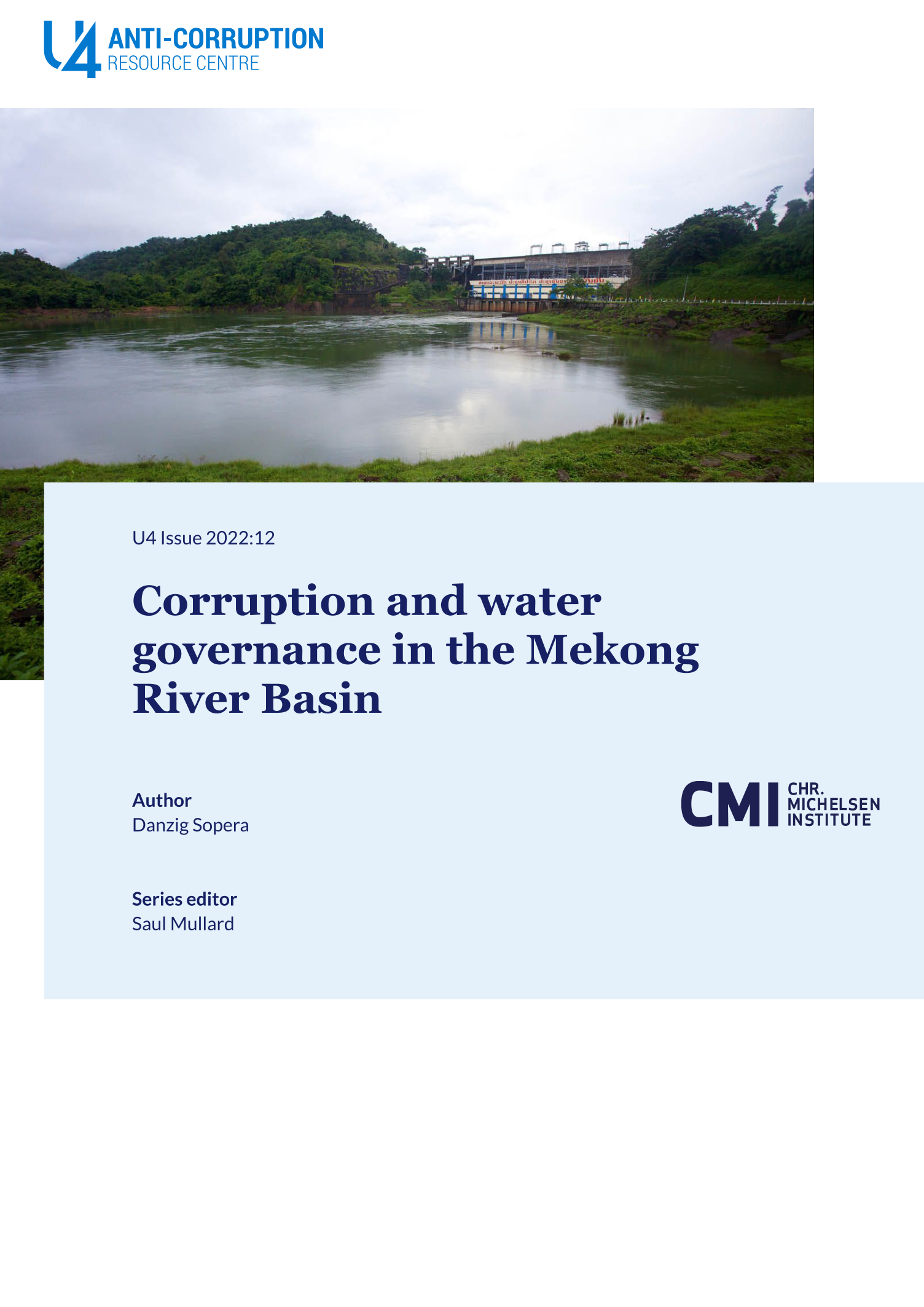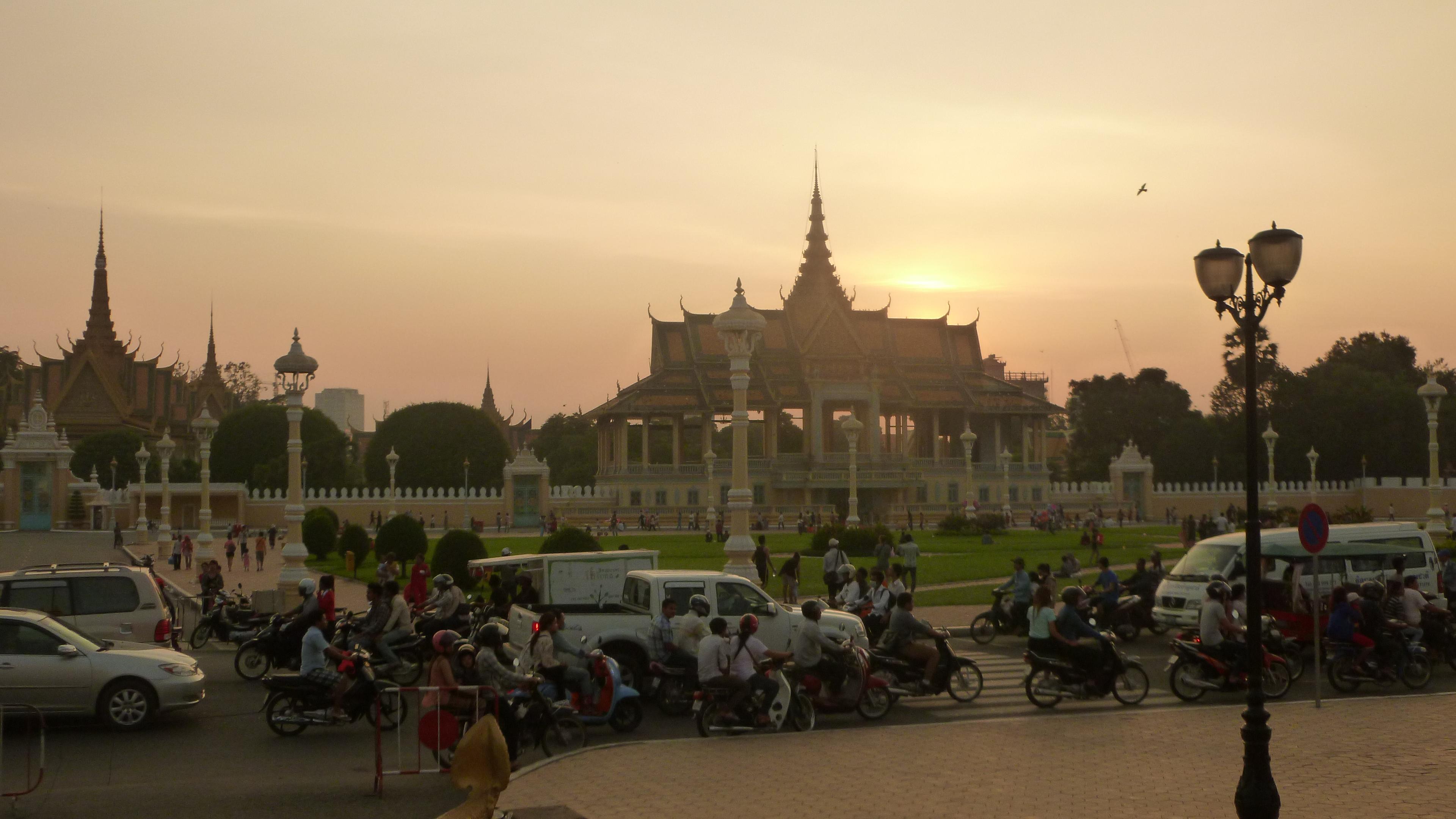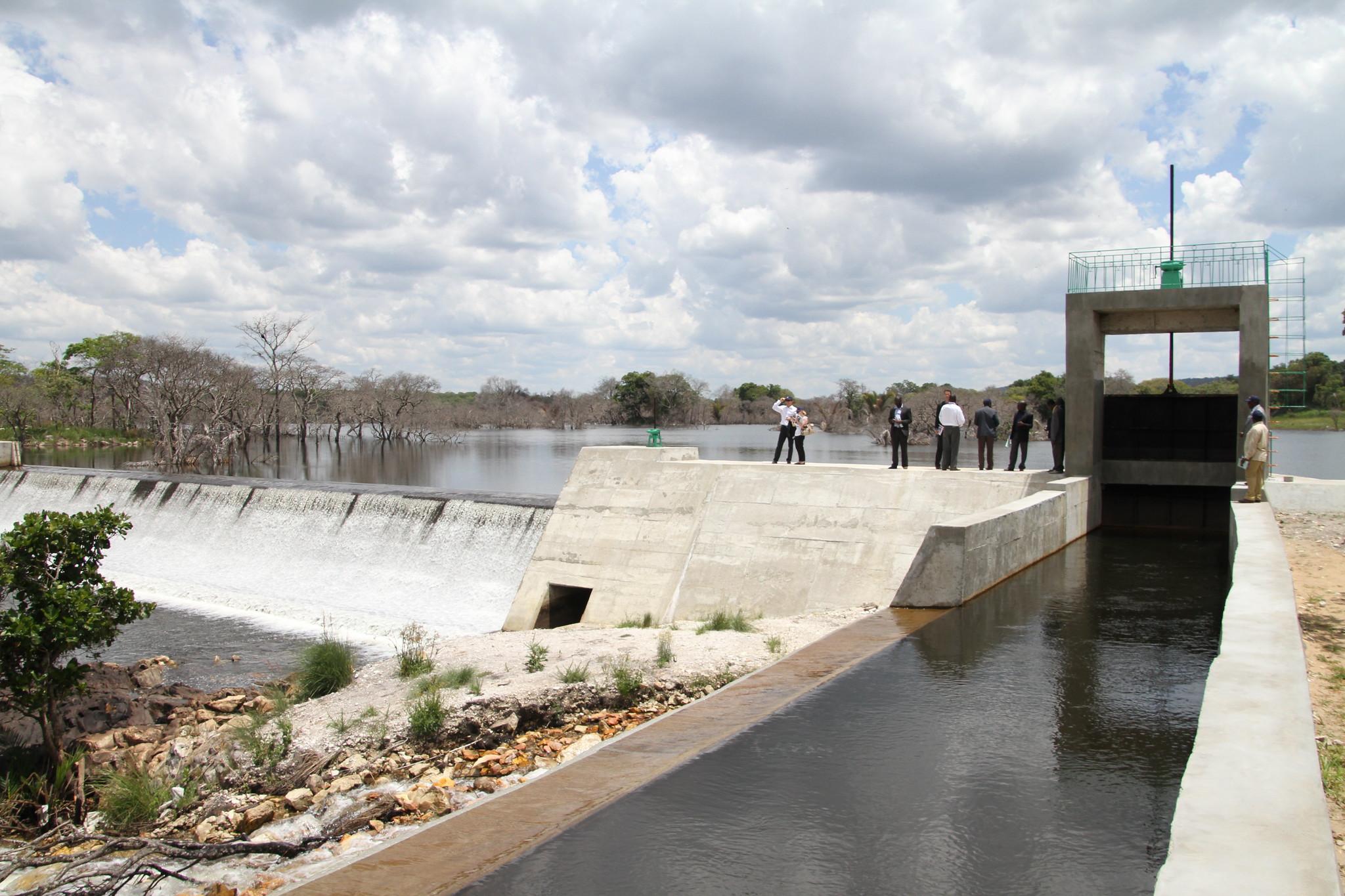Main points
- The Mekong Region’s authoritarian governments and its corrupt natural resources governance regimes mutually reinforce each other.
- Three ‘hydro-corruption domains’ can be identified, comprising infrastructure development (hydropower, irrigation, and climate change adaptation), direct exploitation (sand mining and fisheries), and land re-zoning (along a water/land interface) and resettlement. Of these, infrastructure construction is by far the most important focus for regional corrupt practice.
- Equating the development of infrastructure with national development is common across the region. While infrastructure is important for regional development, it is noted that ‘softer’ development strategies (for example, improving regional education, or the provision of social services) are rarely emphasised.
- Regional development choices have had clearly demonstrable environmental impacts and have generally served to complicate transboundary water governance.
- Because regional populations are so reliant on natural resources, the impact of regional development choices on the environment has significant livelihoods impacts at local scales.
- Regional relations may be under-pinned by efforts to create suitable conditions for corruption – through, for example, an overwhelming emphasis on the large-scale development of infrastructure.



